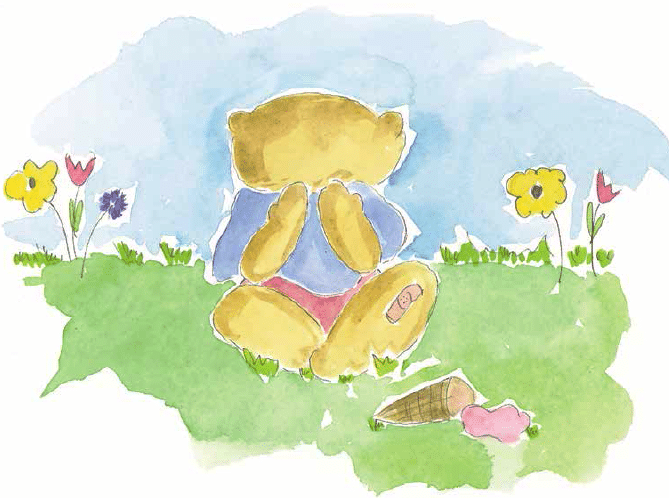
by Marianne Richmond |
When the big life answers don’t come in my time frame, I need to turn my attention to and be grateful for the beauty that fills my life in an everyday way—and find inspiration there. The same goes for our writing. While we trying to get the big stuff down—genre, characters, plot, narrative story arc , we need to focus, too, on the smallest supporting cast if you will—the objects and experiences that can either be overlooked OR unearthed, examined and celebrated.

by Marianne Richmond |
I just finished my newest children’s book called I’ll Never Let You Go. It’s the story of Edward (a bear) and his best friend Blankie, a fuzzy blue fabric scrap. Yep, Blankie is as real as any human friend with emotions and idiosyncrasies to match. Cuddly, thoughtful, kind, protective… and afraid of thunderstorms.

by Marianne Richmond |
I have been a book author and artist for close to twenty years. I have paid for my mortgage, groceries, vacations and braces with my self-generated income. I have sold a blessed two million copies of my words and pictures.
And yet, until about five years ago, I stumbled through an introduction of my work and my abilities. It may have sounded something like this…

by Marianne Richmond |
I love simplicity. In my home. In my closet. In my brain. No surprise, then, that I am a big fan of the Six Word Memoir project by Smith Magazine, an online magazine devoted to storytelling. When I read or listen, I want to know the point. I also write for young children, so I’m well-trained in editing the superfluous. Less than 500 words spread over thirty-two pages is the norm.

by Marianne Richmond |
Many writers say they struggle most with appealing to one’s sense of smell, yet studies say our strongest memories are linked to specific scents.
The most beloved and engaging books are descriptive-rich, engaging all our senses as we move through the story. As writers, we usually have our favorite sense, finding it easy to paint compelling visuals while potentially ignoring, for example, the kinesthetics among us.
To create a full, engaging experience for our readers, however, we must write to delight all five of the senses: sight, sound, smell, touch and taste. Neglect one or several senses and a story becomes flat, one-dimensional and sadly cast aside.
If you’d like to better write to all five senses, here are my three tips:







